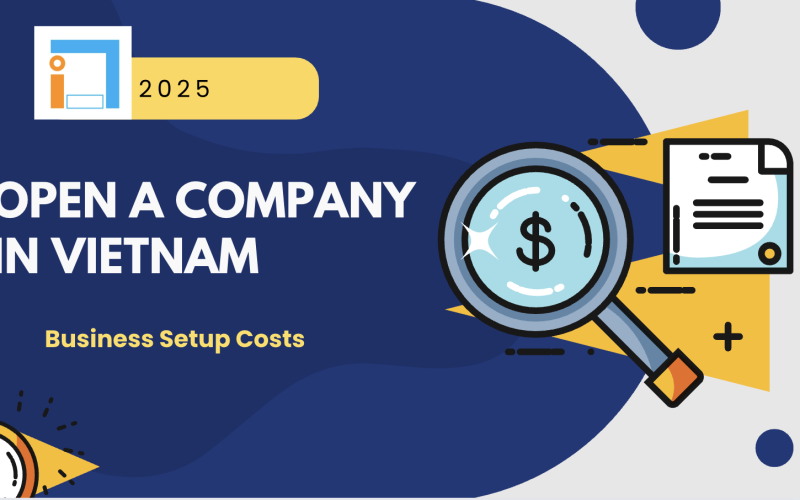How Much Does a Wrong Hire Really Cost Your Business?
21/07/2025
“If you think a hiring mistake is just about replacing a person, try answering this: how much money, opportunity, and how many customers are you losing with each misstep?” This is not a rhetorical question. Choosing the wrong person for a role can be one of the most expensive mistakes your company makes — and the costs go far beyond salary.
What Is a “Wrong Hire”?
- A wrong hire isn’t just someone who fails to perform. It’s someone who:
- Misses key deliverables,
- Disrupts the team,
- Requires excessive management attention,
- Or exits prematurely, leaving the company back at square one.
- Now let’s talk numbers.
The Real Cost of a Hiring Mistake – Backed by Data
- According to the U.S. Department of Labor, a poor hiring decision can cost at least 30% of the employee’s first-year compensation. But that’s not all.
A CareerBuilder survey found:
- 74% of employers admit to making at least one hiring mistake.
- 41% said a single mismatch cost their company more than $25,000.
- 25% reported losses exceeding $50,000 per mis-hire.
Where do these losses come from?
- Time wasted on recruitment, interviews, and onboarding.
- Decreased productivity and team engagement.
- Missed business opportunities, especially in sales or customer service roles.
- Brand damage due to poor customer experiences.
It’s Not Just About the Money
- Imagine bringing on a sales rep who fails to close deals for half a year.
Now imagine how many of those prospects became loyal customers — of your competitors. - Or hiring a team lead whose leadership style causes two top performers to quit. The cost of replacing those employees — both financially and emotionally — can be staggering.
How to Avoid Mis-hires
- Don’t rush. Take time to ensure the candidate is the right fit — technically and culturally.
- Align expectations. Be clear on job roles, success metrics, and team dynamics.
- Use structured assessments. Go beyond intuition; use data and behavior-based interviews.
- Invest in onboarding. Even a great hire can become a mis-hire if not properly integrated.
Final Thought
- A poor hiring decision doesn’t just set you back financially — it slows momentum, weakens morale, and steals opportunity.
- Next time you prepare to hire, ask yourself:
“Can I afford to choose the wrong person for this role?”












